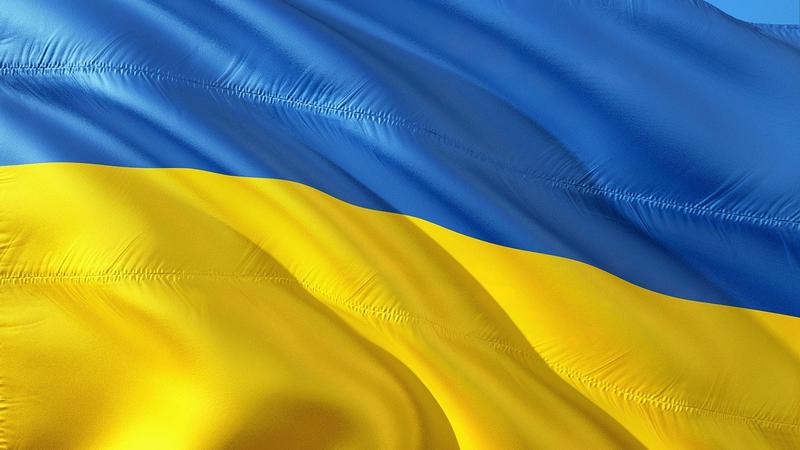
ROTHENBURGER: Bouncy castles, pig roasts and dying in Ukraine
THERE ARE NO BOUNCY CASTLES or pig roasts on the streets of Kiev (or Keev, or Kayev, or Kyiv, depending on whichever TV news announcer is on shift) today.
I didn’t come up with that. A lot of people are comparing scenes of shopkeepers taking up machine guns to defend their country, and little kids crying as they huddle in bomb shelters, to the bogus “Freedom” rallies here at home, and it’s a legitimate comparison.
Me, I’m thinking about Wulka, a village near the city of Rivne (also historically spelled Rowno or Rovno) in western Ukraine. Over the ages, it’s been traded around between Poland, Germany and Russia before finding its forever home in Ukraine.
That’s where the Rothenburgers lived until 1903 when they pulled up stakes and boarded a ship for Canada, taking up farmland in Manitoba. As I write this, the airport in Rivne is under rocket attack by Putin’s invaders.


